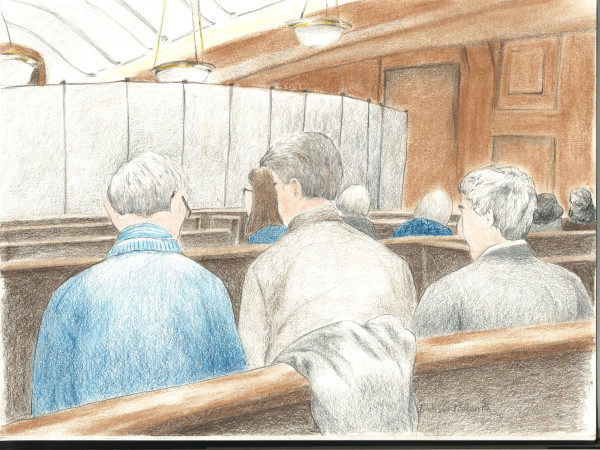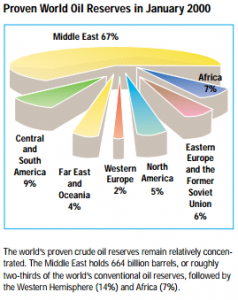Dick Cheney Gets Judy Miller to Serve as His Cut-Out, Again
When Judy Miller wrote a piece for the WSJ pitching her new autobiographical novel, she was very specific about what she had said and not said with Dick Cheney and when.
I have never met George W. Bush. I never discussed the war with Dick Cheney until the winter of 2012, years after he had left office and I had left the Times.
Particularly given that the only question of those I posed for my book that Miller did not answer was whether she saw Cheney on the trip to Aspen that she used to explain Scooter Libby’s Aspen letter, I find her admission that she did and does speak to Cheney — though had not, about the war — telling. (Remember, too, that Cheney did not release journalists he had spoken to to reveal him as a source in the way everyone else in the Executive Branch did.)
Miller goes on to present a nonsense story about how Fitzgerald misled her and caused her to testify incorrectly, falsely testifying to the grand jury that Libby had told her Plame was at the CIA back in June. It doesn’t make sense — and doesn’t do anything to undermine the other evidence that would have been sufficient to convict Libby, notably Libby’s own notes and David Addington’s testimony as well as a second, far more important, meeting between Libby and Miller just days before Novak outed Plame.
Maybe Miller just has no fucking clue what got presented at the trial?
But having presented a flimsy excuse to question the verdict against Libby, Miller has presented others with an opportunity to point to another detail she includes in her book: that Fitzgerald offered to drop the charges against Libby if he would testify against Cheney. Again, that’s not surprising. Libby’s lies served to cover up Cheney’s orders to leak stuff to Judy Miller (not in the meeting she newly focuses on, but in the meeting during the week of Novak’s article).
Miller also writes in her book that she learned from Libby’s attorney that Fitzgerald “had twice offered to drop all charges against Libby if his client would ‘deliver’ Cheney to him.”
Cheney says that shows what Fitzgerald’s real intentions were in going after Libby.
“It was a runaway special prosecutor who, I think, manipulated the system because he was trying to make a name for himself,” Cheney said. “I apparently was the target based upon the fact that he went to Scooter’s lawyer and told him if Scooter would testify against me he’d drop the charges against Scooter. I hadn’t been accused of anything. I hadn’t done anything.”
This, of course, is bullshit. The key issue at the trial — the key reason why Libby’s claims about his lies were important — had to do with his own notes reflecting Dick Cheney ordering Libby to leak classified information to Judy Miller, information that Cheney hung Libby out to dry on in his first interview with Fitzgerald. Nevertheless, Cheney uses it to proclaim Libby innocent, which he can’t be if Cheney’s own interview with Fitzgerald was honest.
Either Libby lied to the grand jury, or Cheney lied to Fitzgerald and possibly, in his unreleased second interview, to the grand jury. One of them lied. Probably, both did.
Whatever the evidence against Dick Armitage is (and the evidence shows that both journalists who learned of Plame’s CIA ties from him asked inexplicably leading questions to elicit that response, and both journalists had spoken with OVP before they spoke with Armitage), the evidence is also that Dick Cheney ordered Libby to leak stuff and the record shows (and nothing from Miller’s book discussed thus far, at least, contradicts) that Libby included Plame’s identity in that.
By the time Fitzgerald subpoenaed Miller, Cheney may not have been accused of anything, but he had been required to give a second, sworn interview with Fitzgerald that could be introduced to the grand jury because his first interview differed in dramatic ways from Libby’s grand jury appearances. It was that interview, by all appearances, that led to the Judy subpoena.
Cheney doesn’t hide that he’s still trying to get the guy who covered up for him a pardon. Judy’s book is just the convenient, albeit factually laughable, claim on which he plans to hang that effort.
Whatever information Judy laundered for the Administration back in 2002 (and Libby, at least, claimed it was Condi Rice who did such laundering before the war, not him or Cheney, which is not entirely inconsistent with Miller’s currently operative claims) and far more obviously after it, she is back to serving as Cheney’s cut-out now.
In nothing yet made public does Judy deny serving as Cheney’s cut-out. Which is good, because the whole effort seems to be proof that she continues to do so.



